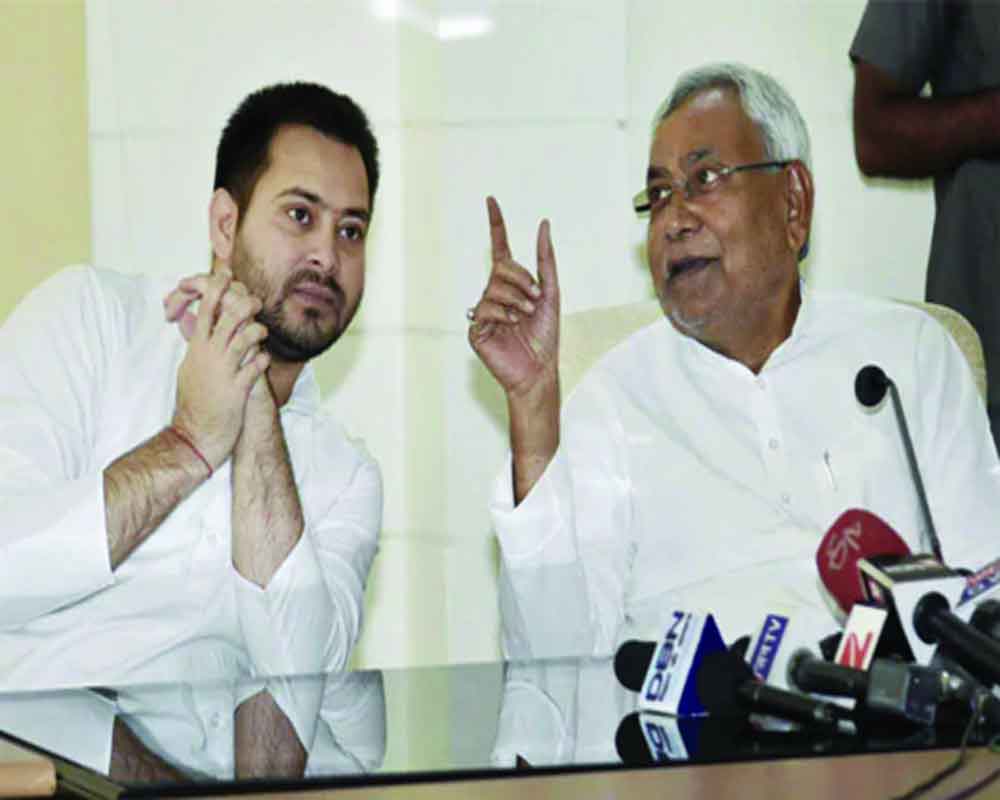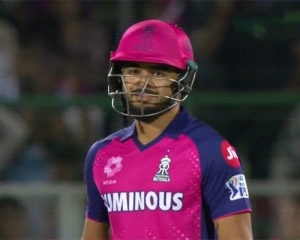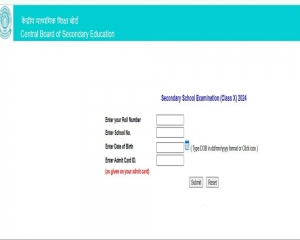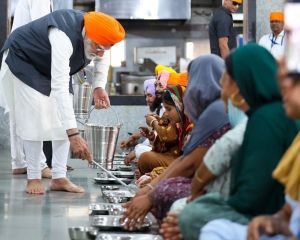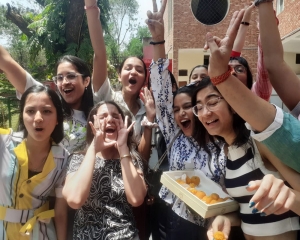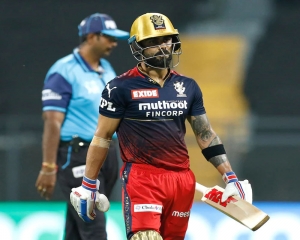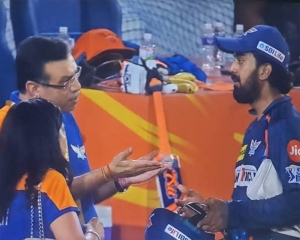Whichever way a caste census is conducted, it would always create tensions and frictions in society
Bihar Chief Minister Nitish Kumar, facing what he feels is an existential crisis, is back to his old game. He has announced that his Government will undertake a socio-economic survey of all castes and communities, and for this exercise which will necessarily be very costly, he wants the Centre to provide the necessary financial assistance.
The most prominent among his supporters in this exercise is Tejaswi Yadav, the worthy son of Lalu Prasad Yadav. Having no one yet like Kumar to command a larger acceptance among the backward castes, demands of realpolitik saw the Bharatiya Janata Party too taking part in the meeting in which the decision was taken on June 1.
Kumar has repeatedly been demanding a nationwide caste census which has been rejected by the Centre as being a divisive exercise, but despite being reduced to a minority party in a government led by him, he is stubborn in his belief that only caste can restore the overwhelming authority he had once enjoyed in Bihar politics.
His record in governance has not been particularly stellar. In the absence of any other study, let us look into the State of States survey of India Today published in December 2021 which graded the states according to 12 parameters, besides overall performance. Out of the 20 big states of India, in terms of overall performance, Bihar remained at the bottom for all the years since 2018. It was at the bottom also in terms of economy, education and entrepreneurship, and among the bottom third in terms of agriculture, infrastructure, health, cleanliness, environment, governance and inclusive development.
Only in respect of tourism and law and order, it figures among the top 10 (9th and 10th rankings, respectively). In Niti Aayog’s Health Index 2021, Bihar ranks 18th out of 19 states. Its per capita income still remains the lowest in India, as it was during Lalu Prasad Yadav’s 15-year rule, and Kumar’s 17 years rule has not changed the lots of Biharis so far. Of course, murder, kidnapping and extortion industries during Lalu rule no longer exist, but there has been no other viable industry to lift the economy of Bihar even now. Hence caste remains the only alternative to entice voters. Nitish refuses to draw lessons from the recently concluded Assembly elections, especially in UP, that it is perhaps not the caste as much as the efficient delivery of government schemes that gave the BJP a historical mandate and a second term in UP, as vindicated by the fact that parties based on identity politics fared extremely poorly almost everywhere. Caste which is peripheral to governance can be made to occupy the centre-stage only to deflect attention from real governance failures by the tribe of politicians.
Kumar is not alone in demanding a caste census; states like Chhattisgarh, Maharashtra, and even Odisha (where the ruling BJD faces no existential threat) are also ready to join the bandwagon.
In the truthiness-dominated discourses of our time, caste is a hyper-charged issue because of the promises of handouts it holds, but on its actual power to influence voters, experts and commoners are equally divided. Ask a politician, who has the caste-wise breakup of all his voters even without a caste census, he will deny that caste plays any role.
Ask a sociologist, and he will reel out caste statistics to prove that caste is the single factor responsible for all election results. Ask an economist, and he will say only development, growth and jobs determine electoral outcomes rather than caste. Yet the truth, as always, perhaps lies somewhere in between.
If caste is not really that important, why is there such a clamour regarding caste census? Let Kumar have his census and serve voters those data instead of jobs which he anyways can’t offer. The reality is that a caste census is not that simple.
It cannot be denied that a modern state cannot function without credible data for policy making, and reliable caste data can inform Government policy in a positive way. But caste enumeration is incredibly complex and highly unreliable.
In the 1980s, the Anthropological Survey of India undertook a study that threw up 65,000 castes. Being unable to classify them, it decided to limit itself to identifying 7,331 communities instead. In 2011 a socio-economic caste census (SECC) was undertaken whose results were never published. It had revealed a staggering 46 lakh castes and sub-castes, making it impossible to use these data for any practical purposes; it implied that on an average only 72 households constituted a caste using the same phrase to identify it.
Instead of the utopia of a casteless society that our constitution makers had yearned for, a caste census will rather inflame passions and conflicts within numerous castes, substituting the present upper caste-lower caste tensions with multi-faceted tensions between all castes and communities, turning the society into an unmanageable dystopia of perpetual conflicts. Policy making for distributing privileges among the estimated 3000 castes and 25000 sub-castes will become an anarchical exercise.
Justifying the exclusion of caste enumeration from the now-delayed 2021 census, the Registrar General and Census Commissioner opined that the total number of OBCs in the country ranges from 6,285 to 7,200 depending on whether the centre or the states prepared the list.
People use clan, gotra, sub-castes and caste names interchangeably which leads to misclassification of castes, thereby affecting the integrity of the Census exercise itself. In 2017, the Rohini Commission was constituted to suggest equitable redistribution of the 27 per cent OBC quota; it noted 2,633 castes covered under the OBC reservation. But the existing OBC reservation policy doesn’t recognise any category of more marginalised castes within the OBCs, thus enabling the advanced among them to appropriate most benefits.
Caste-based reservation has benefited the weaker sections, but also produced a new kind of power elites among them who will be unlikely to give up their powers. The outcome of any caste census that threatens the status quo in terms of benefits available to the different caste groups will necessarily lead to agitation, litigation and competitive demands for quotas.
We will have a déjà vu of Mandal days which no Government would know how to control now.
Governments of Karnataka and Tamil Nadu attempted similar exercises in the past and then backtracked.
The fact remains that whichever way a caste census is conducted, it would always create tensions and frictions in a society that even now lacks cohesion. Should 21st century India be concerning itself with caste or should it endeavour to put this terrible baggage from the past behind and find another way to address the issue of backwardness which does not add to the already existing divisions and tensions in society?
If caste is to become the sole criterion for distribution of power, opportunities and resources in a society and legitimised by the state, then we need to redraft our constitution, and replace the dream of a casteless society of modern citizens by one in which people’s identities will be reinforced only by their castes. Will it be any different from the India of the 18th and 19th centuries?
The author, a former Director General from the Office of the Comptroller & Auditor General of India, is a Professor at the Arun Jaitley National Institute of Financial Management.
(The views expressed are personal.)













